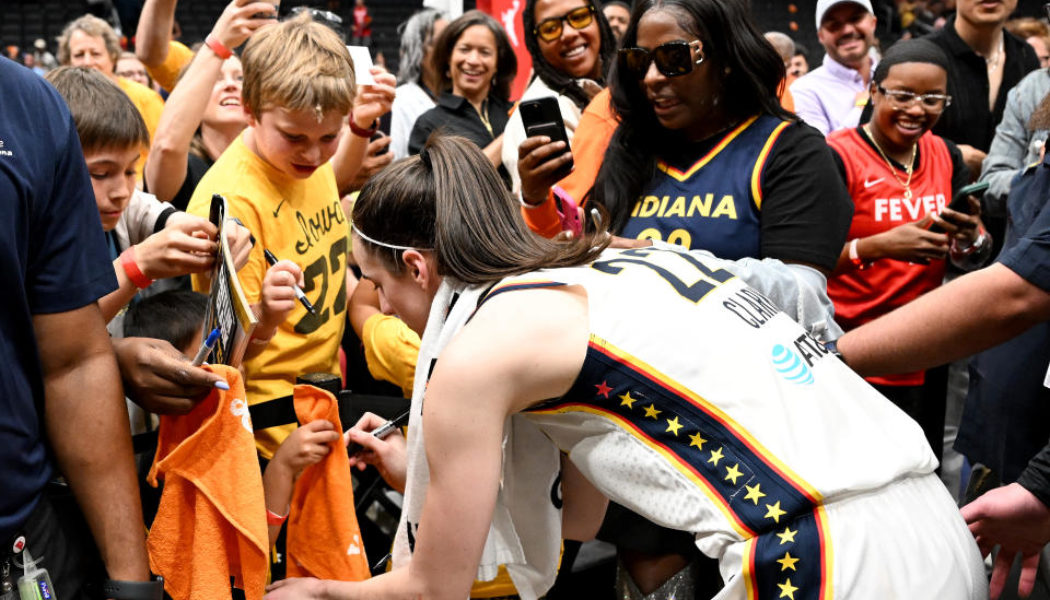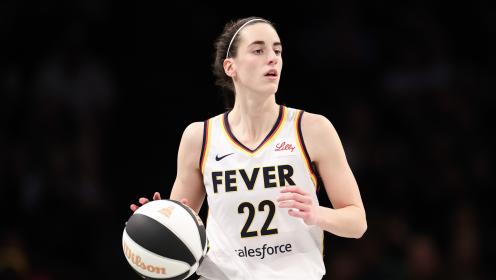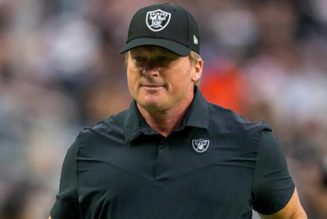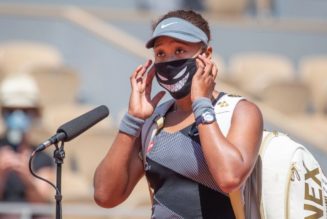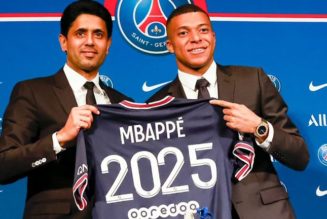USA Basketball appears set to do the right thing, just not the fun thing. Call it a rare victory of reality and competition over marketing and money.
Even the biggest Caitlin Clark fan in America can appreciate that; a victory for what should be rather than what normally occurs.
The U.S. women’s basketball Olympic roster began getting leaked out this weekend, news that, before this year, mattered only to the most hardcore of women’s basketball fans.
The 12-player roster reportedly will feature Kahleah Copper, Napheesa Collier, Chelsea Gray, Brittney Griner, Sabrina Ionescu, Jewell Loyd, Kelsey Plum, Breanna Stewart, Diana Taurasi, Alyssa Thomas, A’ja Wilson and Jackie Young, according to multiple media outlets.
Not listed: Clark, who is the most popular women’s basketball player in the country.
The selection committee is made up of South Carolina head coach and former U.S. coach and three-time Olympian Dawn Staley, LSU assistant coach and three-time Olympian Seimone Augustus, Old Dominion coach and two-time Olympian DeLisha Milton-Jones, Connecticut Sun president Jennifer Rizzotti and WNBA executive Bethany Donaphin.
Due to American domination, women’s basketball is generally one of the least dramatic and discussed competitions at the Summer Olympics. The U.S. has won nine of the last 10 gold medals, including seven consecutive dating to 1996 in Atlanta.
The average margin of victory in the gold medal game during that stretch: 23.4 points.
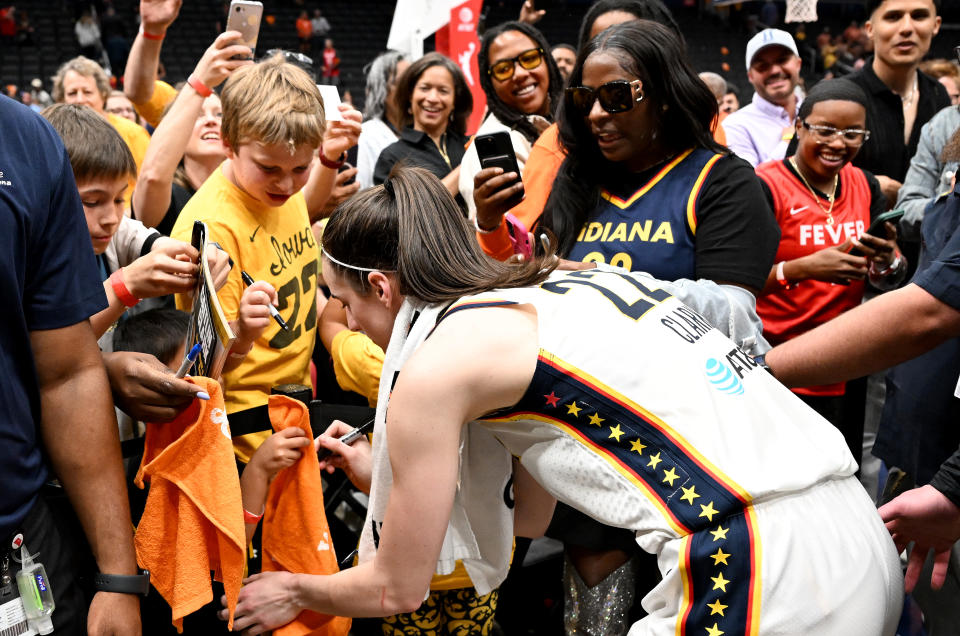
Unless you happen to be a fan of lopsided, non-competitive basketball, it’s hard to get too fired up for the Olympics.
That is unlikely to change in Paris next month. The general market consensus is the USA is -1800 to win gold. The team is so loaded — especially in comparison to other countries where the game is generations behind — it must have been tempting for USA Basketball to give a final roster spot to Clark.
If for nothing else than to sell jerseys to fund growth in the operation, she would make sense on that level. Additionally, a sport that attracts little attention in the crowded Olympic calendar would get a significant boost.
Some WNBA purists can question or even bristle at Clark’s popularity, but as the old saying goes, in matters of taste, the customer is always right. Much of the public loves her, her game, her story and so on. Logo 3s can be more enticing than a properly executed box-out.
There is no denying Clark has generated massive television ratings, sponsorship dollars and attendance, even as she adjusts to the pro game (from the grind of competition to shoves to the floor) for a fairly terrible Indiana team.
The Olympics are a golden marketing opportunity for every sport. It’s why in 1992 then-NBA commissioner David Stern pushed for his stars to form a “Dream Team” — not just for American audiences but for global appeal.
Thirty-two years later, many of the best players in the league are international: Luka Dončić (Slovenia), Nikola Jokić (Serbia), Giannis Antetokounmpo (Greece) and rookie Victor Wembanyama (France), among others.
Caitlin Clark isn’t Michael Jordan, Larry Bird or Magic Johnson (yet), but she’s the biggest thing to come down the line for women’s hoops in a long time, if ever.
So even if she isn’t currently one of the 12 “best” American players, do you put her on the roster, if only to draw eyeballs for the better players? In a subjective decision, should this count?
Forming a team isn’t precise. This isn’t, say, qualifying for the 100-meter dash. That’s about who crosses the line first (or second or third). There is no quantifiable way to measure a basketball player, and like any team sport, things beyond points, and rebounds have value.
Maybe you need a defensive specialist. Maybe you need an extra center. Maybe you just need someone who is going to go hard in practice even if she knows she isn’t playing the next day.
Maybe you need the next generation of leaders to get a taste of the Olympics. Both Taurasi and Stewart made teams as rookies. That original men’s Dream Team took Christian Laettner, straight out of Duke.
Or maybe you need someone to excite fans.
It’s not like Clark’s presence would be some embarrassment. She may not have proven herself better than those on the roster, but her early WNBA career shows the 22-year-old can play with them. On Friday, she dropped 30 points on Washington … in front of 20,333 fans, the largest crowd the league has seen in 17 seasons.
More notably, she would still be vastly better than almost any opponent. The U.S. is going to win regardless.
So the path to put Clark on the roster was there for USA Basketball. It was a bit twisty, but it was there.
Instead, it has apparently gone with just sending our best team.
What you bring to the court matters more than what you can bring to the revenue stream or social media.
It’s not a popular concept in America any longer, but give the women’s national team credit for still employing it. Paris may not be as fun, but it’s hard to be too upset with that.
Services Marketplace – Listings, Bookings & Reviews
